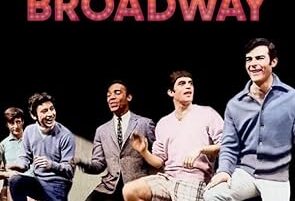
Broadway Unbound
Books under review: Gays on Broadway by Ethan Mordden, and Gender, Sex, and Sexuality in Musical Theatre by Kelly Kessler.
MoreNov-Dec 2023

Books under review: Gays on Broadway by Ethan Mordden, and Gender, Sex, and Sexuality in Musical Theatre by Kelly Kessler.
More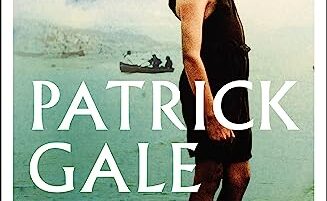
For in this quiet novel (Mother’s Boy) — and Gale’s fiction grows quieter and quieter, so even a bomb blast is muffled—Gale refuses to judge his characters. I sense that this is from a genuine generosity of spirit, a desire to allow the characters time to develop on their own. Quietly we learn that to become a mother’s boy requires the cooperation of both the mother and the boy, and it may lead, as in the case of Charles Causley, to some of the finest poems of his generation.
More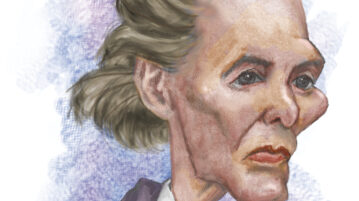
Hilda Doolittle was born in Bethlehem, Pennsylvania, to Charles Doolittle, a math and astronomy professor at Lehigh University, and Helen Wolle Doolittle, a painter and musician. Charles Doolittle was a widower who brought two sons into the household. In addition to these half-siblings, Hilda had three brothers. She enjoyed a happy childhood and loved the natural beauty of her hometown, which was then a small rural Moravian community. When Hilda was eight, the family moved to Upper Darby, PA, so her father could teach at the University of Pennsylvania. Her life continued smoothly as she excelled in high school, studying Latin and the ancient Greeks, and got into Bryn Mawr College.
More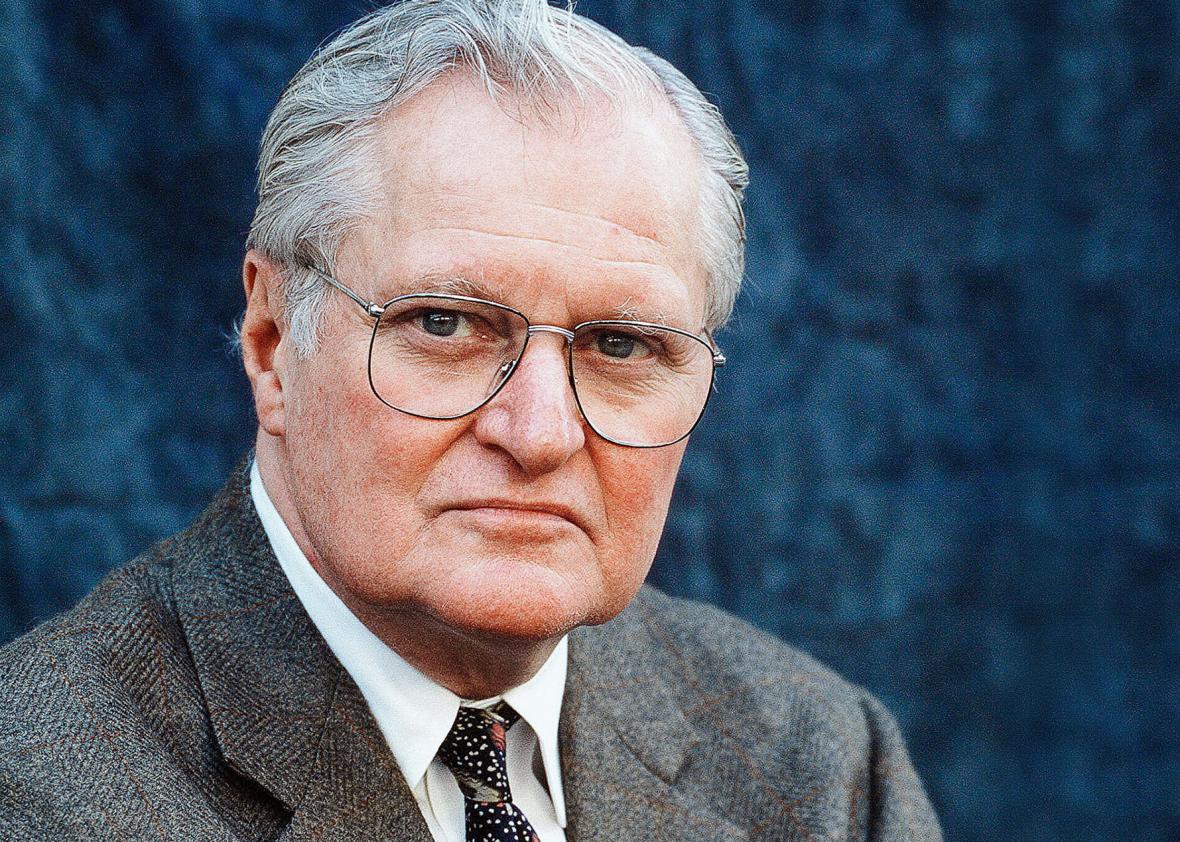
POET JOHN ASHBERY (1927-2017) is described by Jess Cotton in Critical Lives as “at once notorious and celebrated” owing to the perceived difficulty of his work. Cotton’s short but thorough explication of Ashbery’s life and work does a fine job of placing him both as a 20th-century poet and as a leading figure among gay writers.
More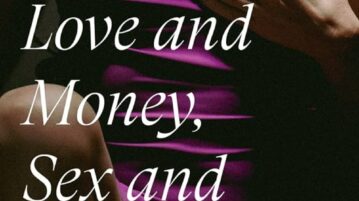
[McKenzie] Wark’s latest memoir, Love and Money, Sex and Death, returns to letter-writing as a way of revisiting past lovers and past friends, and those who fall somewhere in between. She turns the idea of a traditional, linear memoir on its head, using hindsight as a tool to reapproach, and in some cases recover, past relationships: “Changing sex edits your relation to a lot of things. Including history.”
More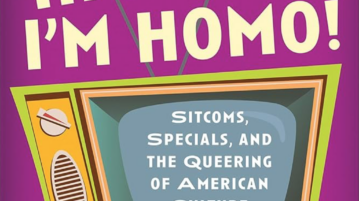
Hi Honey, I’m Homo offers a fast-paced sweep across LGBT representations over time. They’re important because the media play such an important role in defining what’s normative and what’s cool. “Television isn’t just a piece of furniture to watch,” writes Baume, “it’s a conversation, a tool, a weapon, a war, a party, an instrument, and an opportunity. It’s a project to participate in rather than passively watching in the dark.” LGBT people are no longer invisible on TV, but calls to participate proactively rather than remain complacent are as urgent now as they were in the 1960s and ’70s, as the forces of resistance and intolerance have never gone away.
More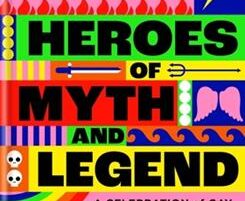
Reviews of Queer Heroes of Myth and Legend: A Celebration of Gay Gods, Sapphic Saints, and Queerness Through the Ages, Spring in Siberia, A Novel, Movies that Made Me Gay, Who Does that Bitch Think She Is? Doris Fish and the Rise of Drag, and The Queer Film Guide.
More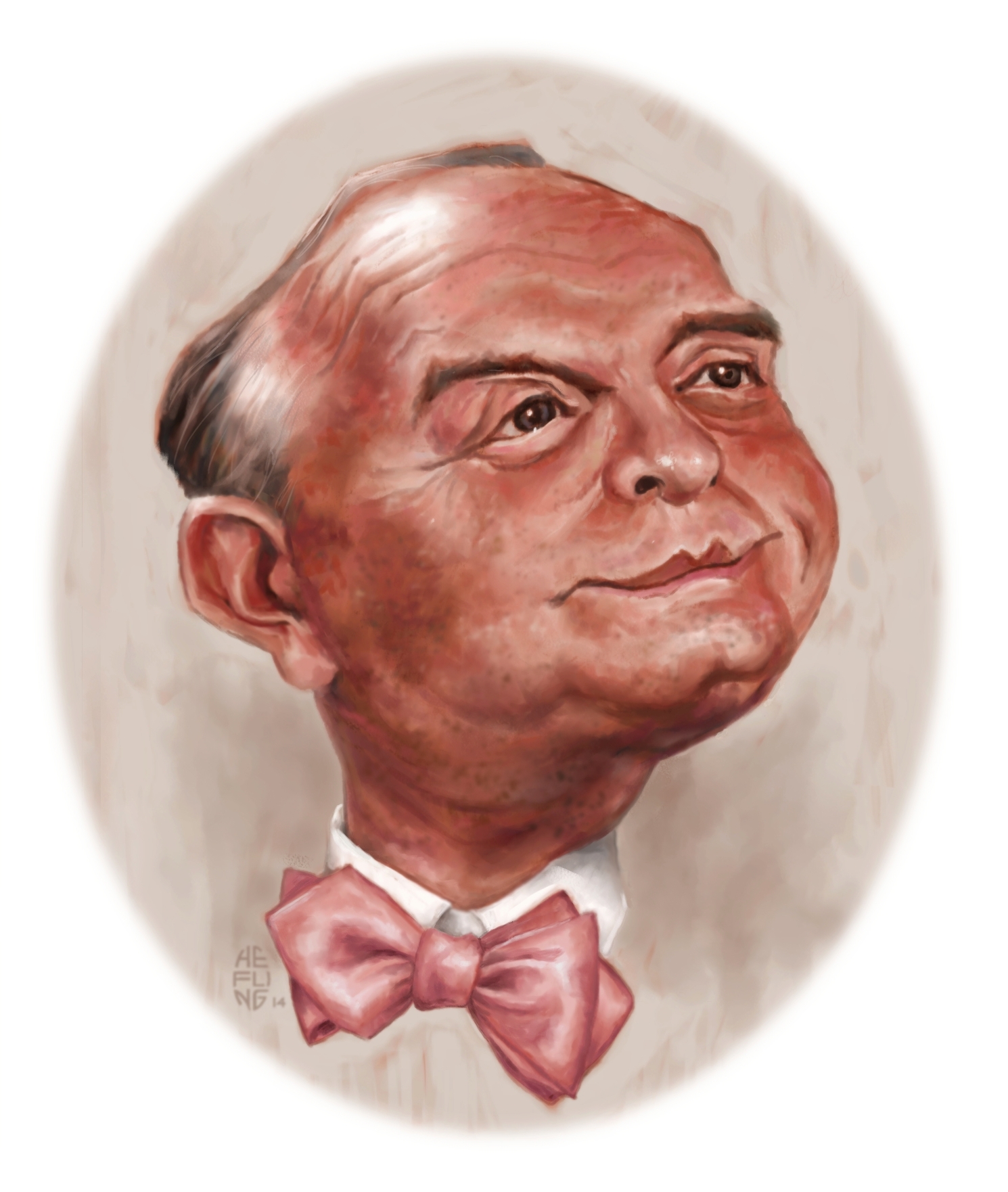
Such Good Friends is highly readable. Truman Capote is the beating heart of this novel. As the decades roll on, it has become increasingly apparent—and ironic, after all the newsprint and media noise about Norman Mailer, Philip Roth, John Updike, Eugene O’Neill, and Arthur Miller—that midcentury American literature belongs to three gay men: W. H. Auden, Tennessee Williams, and Truman Capote.
More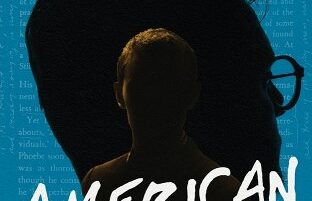
In Patrick E. Horrigan’s American Scholar, questions are raised and addressed in a narrative about James Fitzgerald, called “Jimmy” in his youth. The reader first meets him in 2016, when he is unwilling to dispose of twelve storage boxes that contain “all that is left” of the life he had with Gregory in the 1980s. Like many middle-class heterosexual couples, James and his current husband are in conflict about whether to bring a child into their lives, even though they could afford it. Like the author, James seems introspective, genteel, academic, and literary. His life just before Trump is elected is undoubtedly privileged, yet he carries scars from the past
More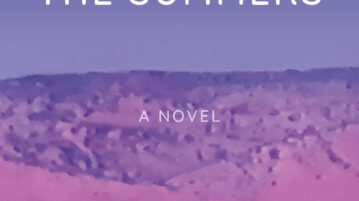
RONYA OTHMANN’S debut novel, The Summers, begins with a reversal. At the end of the prefatory chapter, the main character, Leyla Hassan, seems to be speaking for the author as she muses: “You always tell a story from its end. … Even if you start with the beginning.” In this way, Othmann announces a departure from traditional chronology in storytelling, a turn toward a more dreamlike structure.
More